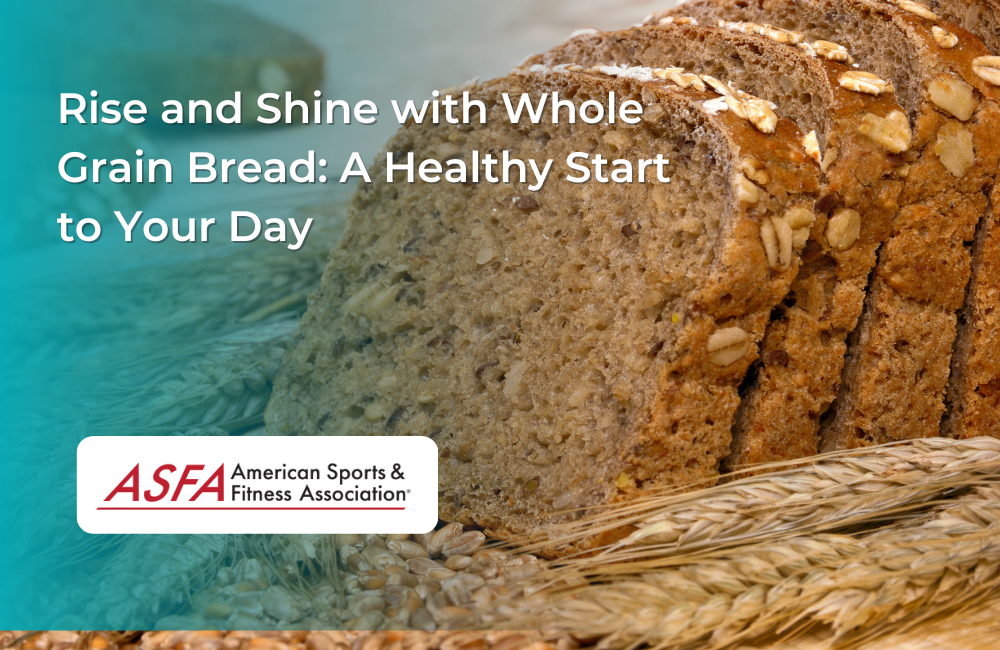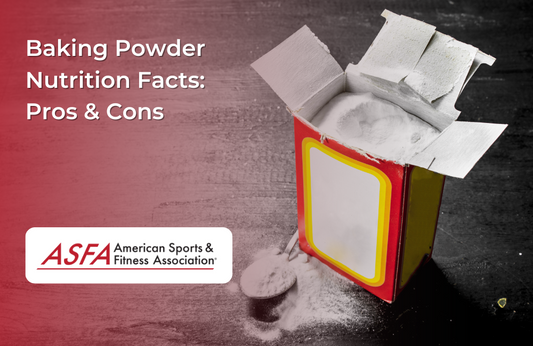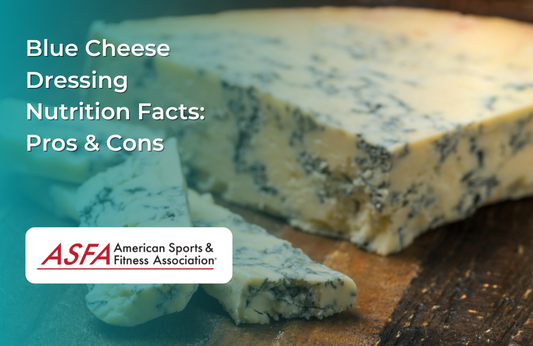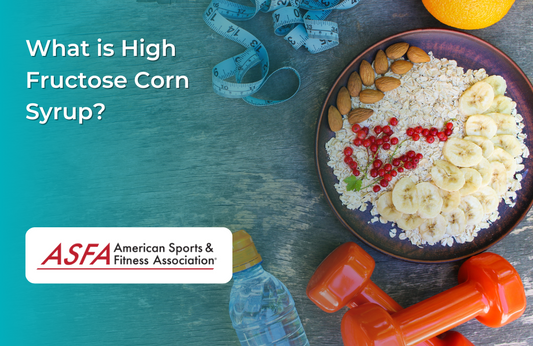Breakfast is the most important meal of the day. It sets you up for energy, concentration, and nutrition throughout your day. A healthy breakfast can keep you from overeating later in the day, especially if it's loaded with whole grains like whole grain bread!
Whole grains help your body by providing fiber, vitamins, and minerals.
- Whole grains are good for your body
- Whole grains are full of fiber, which helps you feel fuller for longer.
- Fibers from whole grains can help lower cholesterol levels in the blood and may reduce your risk of heart disease.
- Fiber from whole grains can help keep blood sugar levels stable and prevent spikes in insulin after a meal or snack.
- B vitamins found in whole grains help support energy metabolism, which gives you energy to get through the day!
Whole-grain bread is good for your body in many ways.
Whole-grain bread is good for your body in many ways. It can help lower cholesterol levels in the blood and may reduce your risk of heart disease, thanks to its fiber content. Fiber from whole grains can also help keep blood sugar levels stable, preventing spikes in insulin after a meal or snack.
Whole grains are full of fiber, which helps you feel fuller for longer so that you don't overeat later on (or feel hungry between meals).
Whole grains are full of fiber, which helps you feel fuller for longer.
Whole grains are full of fiber, which helps you feel fuller for longer. Fiber is good for you because it helps keep you regular and prevents constipation, which can be a problem for many people. It also helps lower cholesterol levels and blood sugar levels, making it easier to manage diabetes or pre-diabetes.
Whole-grain bread is a great source of fiber! You'll want to choose whole wheat or multigrain options over white bread whenever possible--they're higher in nutrients like iron (that's important for the brain), B vitamins (also important for energy), calcium (good news if you're trying not to break any bones)
Whole grain bread can help lower cholesterol levels in the blood and may reduce your risk of heart disease.
- Whole grain bread is a good source of soluble fiber, which helps lower cholesterol levels in the blood and may reduce your risk of heart disease.
- Soluble fiber binds with cholesterol in the digestive tract, then excretes it from your body, lowering your overall cholesterol level.
- This can help reduce your risk of heart disease by lowering LDL ("bad") cholesterol and raising HDL ("good") cholesterol levels.
- Because whole grains slow down the absorption of sugar into the bloodstream, they can also help keep blood sugar levels stable for people with diabetes or other blood sugar issues like hypoglycemia (low blood glucose). The B vitamins found in whole grains assist energy metabolism--the process by which calories are converted into energy--and support healthy nervous system function.*
Fiber from whole grains can help keep blood sugar levels stable and prevent spikes in insulin after a meal or snack.
Whole grains are rich in fiber. Fiber helps slow down digestion and can help you feel full longer, which can help you eat less throughout the day. Fiber also helps absorb nutrients, lower cholesterol, and blood sugar levels, prevent heart disease and diabetes, keep your digestive system healthy (and reduce constipation), help with weight loss because it fills you up so quickly--especially soluble fiber--and much more!
There are 7 different types of fiber: soluble (found in beans and oats), insoluble (found in whole wheat bread), cellulose (plant cell walls), hemicelluloses(lignins found only in plants), pectins(gums found mostly inside fruits) lignins
B vitamins found in whole grains help support energy metabolism, which gives you the energy to get through the day.
You've probably heard that whole grains are good for you, but what does that mean? In order to reap the benefits of whole grains, you need to know which vitamins and minerals they contain. Here are some of the most important ones:
- Vitamins B6, folate (a form of folic acid), niacin, and thiamin help support energy metabolism in your body. This gives you energy so that you can get through your day without feeling tired or sluggish.
- Vitamin B12 helps keep nerve tissue healthy by producing red blood cells--and it may also help prevent depression! Folic acid helps prevent birth defects in unborn babies when taken before pregnancy starts and during early pregnancy; however, it's important not just during those times but throughout life as well as after menopause since many women experience lower levels later on due to hormonal changes.* Vitamin E protects against heart disease by lowering cholesterol levels while raising "good" HDL cholesterol levels.* Vitamin C strengthens bones by preventing loss through urine (which is why athletes should drink lots!). It also boosts immunity against colds & flu viruses.* Iron helps build red blood cells which carry oxygen throughout our bodies; without enough iron, we become tired easily because our muscles cannot work properly without proper fuel! Calcium builds strong bones while magnesium relaxes muscles--both essential components needed for healthy sleep cycles.* Phosphorus regulates water balance within cells so hydration levels don't fluctuate wildly throughout day/night cycles causing dizziness & headaches
A healthy breakfast is an important part of staying healthy!
A healthy breakfast is an important part of staying healthy! Breakfast helps kids to focus in school and adults to focus at work. It also keeps you full for longer so that you avoid snacking throughout the day. A whole grain start to your day helps you get the nutrients that your body needs, such as B vitamins which help with energy levels and metabolism.
Conclusion
In conclusion, whole-grain bread is a great way to start your day. It's full of fiber, B vitamins, and other nutrients that keep you feeling good all morning long. In addition, it can help lower cholesterol levels in the blood and reduce your risk of heart disease. So if you're looking for a new way to eat healthy or just want something tasty on your toast every morning - try some whole-grain bread!




